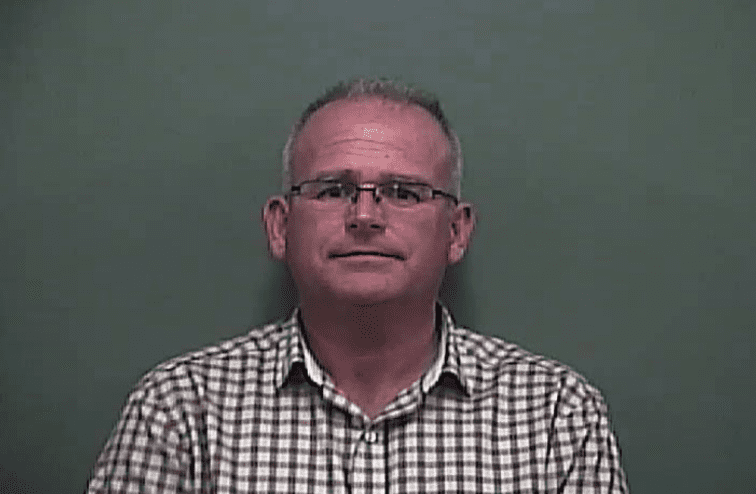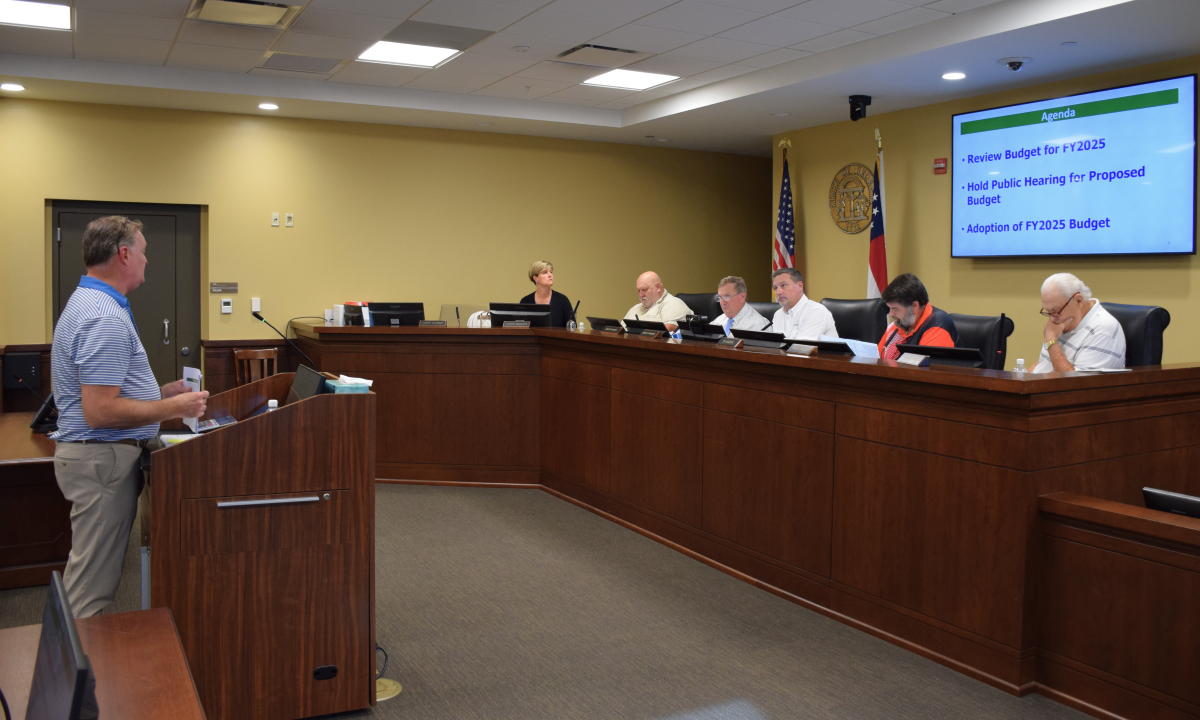
Habersham County has joined a growing number of counties that are suing opioid manufacturers and distributors over the opioid epidemic.
The county today filed a lawsuit in federal court against more than 20 companies. It alleges the defendants misrepresented the addictive risks of opioids and fraudulently marketed opioids as a treatment for chronic pain. The suit also claims the defendants did not follow federal laws regarding the reporting of excessive opioid sales in certain areas.
Click here to read legal complaint
Athens law firm Blasingame, Burch, Garrard & Ashley (BBGA) is representing Habersham County, along with attorney Dennis Cathey of Cathey & Strain, LLC, in Cornelia, and Jonathan Pope of Hasty Pope law firm in Canton.
“With this lawsuit, we hope to help stop the opioid epidemic and secure the resources that local governments need to combat it,” BBGA partner Jim Matthews says.
The lawsuit targets manufacturers including Purdue Pharma, Teva Pharmaceutical Industries, Cephalon, Janssen Pharmaceuticals, Endo Health Solutions, Allergan PLC, and Actavis. Distributors McKesson Corp., Cardinal Health, and AmerisourceBergen are also named as defendants.
Ethicon parent company Johnson & Johnson is also named in the suit.
“Something’s got to be done”
Georgia ranks among the top 11 states with the most opioid overdose deaths, according to the state attorney general’s office. Fifty-five Georgia counties have an overdose rate higher than the national average.
According to the state AG’s website, over 541 million opioid doses were prescribed in Georgia from June 2016 to May 2017 -approximately 54 doses for every man, woman and child in Georgia.
“When you’re talking about the epidemic in Georgia, Northeast Georgia is one of the most affected areas,” attorney Jon Pope was recently quoted as saying in the Gainesville-Times. “Hall County through 2016 had (a) prescription rate of … 94.5 prescriptions of opioids for every 100 people in Hall County. In Habersham County, by contrast, it was 122 (prescriptions).”
Habersham County Commissioner Victor Anderson says the county did not pay to file the lawsuit. The lawyers only get paid if there’s a settlement. “They presented us with a 30% contingency fee and we were able to get a cap on expenses of no more than 50% of the 70% that’s left over,” he says.
The county will be responsible for pulling data that shows the economic impact opioid use has on county services such as the hospital, jail, and EMS.
“It’s just a matter of pulling the appropriate information together in the form and manner it’s requested,” says Anderson. “That will be a task, and it won’t be a small task.” Still, he says, “The potential for financial relief and the underlying statement that, ‘Something’s got to be done’, we feel it’s well worth it.”
Moving forward
BBGA has filed lawsuits on behalf of 22 other Georgia counties, municipalities, and hospitals, including Athens-Clarke, Banks and Hall counties.
“We’ve made presentations to dozens of local governments across Georgia and anticipate presenting to many more,” Matthews said in an announcement. “We have extensive experience in multi-district litigation (MDL) and are pleased to continue filing for counties.”
The cases are expected to be transferred to the U.S. District Court in Ohio where Judge Dan Polster is overseeing opioid epidemic litigation. More than 400 similar lawsuits have been filed nationwide cumulatively seeking over $75 million in damages.
Anderson says that figure could reach into the billions.
He likens the case to that against big tobacco when, in the mid 1990s, more than 40 states sued the nation’s top cigarette manufacturers over public healthcare costs associated with smoking.
“While the possibility of recouping some current and past expenses is important to us, what is equal, if not more important to us, is what is done going forward in terms of regulation and control to try to curtail this particular situation (opioid epidemic),” Anderson says.
Similar lawsuits are expected to be filed in the coming weeks on behalf of other Georgia cities, counties and hospitals.







